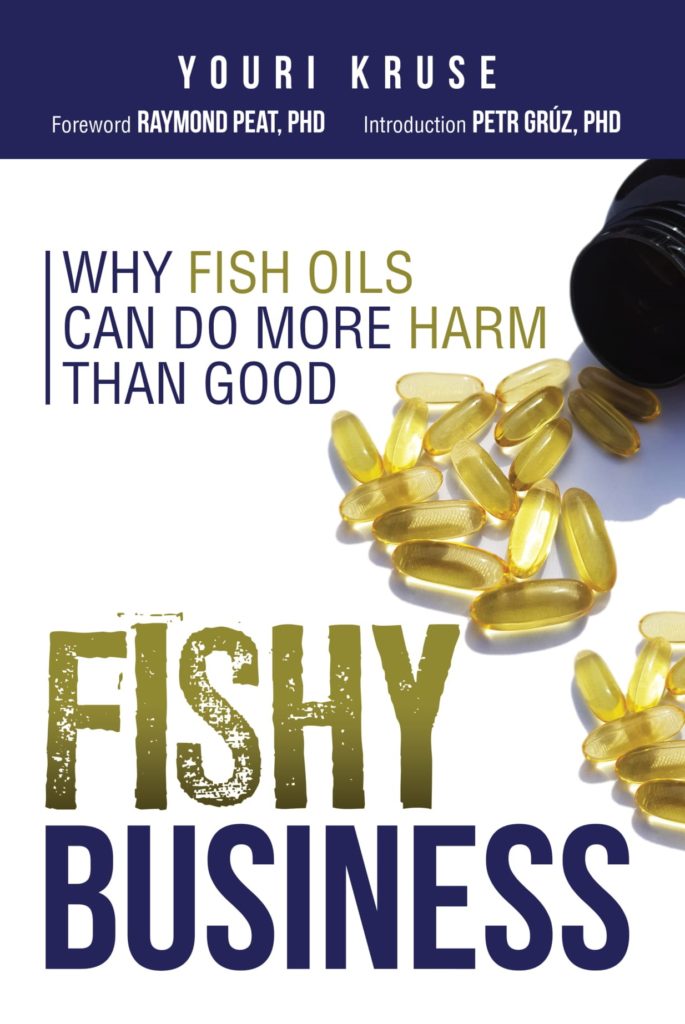Fish oils are often recommended for athletes due to their “anti-inflammatory” properties. These properties are in effect not anti-inflammatory, but really anti-immune. The lowering of several immune cells can result in fewer inflammatory molecules of one kind, but up regulate other inflammatory products. The focus of omega 3 is often on the end-products of omega 6. Omega 3 can lower the omega 6 end products but has its own end products that are inflammatory themselves
The Products Of Omega 3
Under the influence of exercise or other stress, omega 3 can produce very inflammatory products. The fragile fish oils can break up into a variety of molecules that can do damage. Fish oils can increase the formation of acrolein, HHE and MDA. All these molecules can produce an inflammatory environment.
Omega 3 Can Lower Your Endurance
3 groups of rats were given the same diet, except for its fat content. 1 group of rats was given a diet high in omega 3, one high in omega 6, and the last group high in saturated fats. After 9 weeks of submaximal training, the omega 3 group had the lowest endurance (-44%). Even after a 6 weeks recovery period, the omega 3 group still had the least endurance (-50%)[1].
Omega 3 can increase your inflammation
As most people (including scientists) think that omega 3’s are anti-inflammatory, there are only a limited number of studies on omega 3 and exercise. One study looked at the effects of omega 3 supplementations with judokas. These high-level judo participants were divided into a group receiving omega 3 supplementation and a control group. Although the researchers were expecting less inflammation in the omega 3 group, the opposite occurred. The athletes noticed an increase in their inflammation levels. They noted;
“Hence, based on our results, EPA and DHA supplementation should not be specifically recommended to athletes who are engaged in heavy training, especially exercise inducing an elevated level of oxidative stress. These data also suggest that n-3 LCPUFA supplementation did not significantly attenuate FFA concentrations at rest or during exercise” [2]

[1] Lipids. 1997 Dec;32(12):1265-70. Dietary fatty acid profile affects endurance in rats. Ayre KJ1, Hulbert AJ.
[2] Int J Sport Nutr Exerc Metab. 2010 Dec;20(6):496-506. Effect of 6 Weeks of n-3 fatty-acid supplementation on oxidative stress in Judo athletes. Filaire E1, Massart A, Portier H, Rouveix M, Rosado F, Bage AS, Gobert M, Durand D.